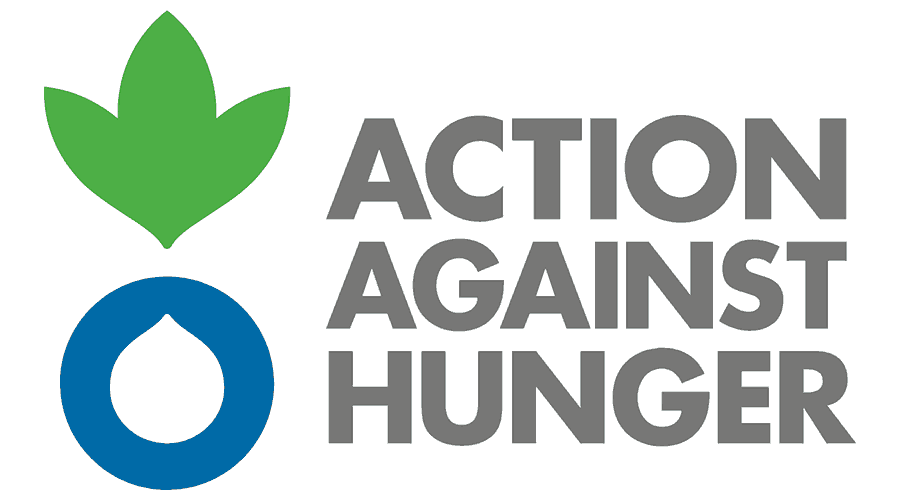Action Contre la Faim

Founded in 1979, Action contre la Faim is a non-governmental organisation focused on international solidarity. In other words, Action contre la Faim fights hunger all over the world. Conflict, climate imbalance, poverty and unequal access to water and care are just some of the causes of malnutrition. Our mission is to save lives by eliminating hunger through the prevention, detection and treatment of malnutrition, especially during and after emergency situations linked to conflicts and natural disasters.
Today, Action contre la Faim is one of the leaders of the fight against world hunger. Our non-profit organisation, structured as an international network, helps to provide a coordinated response in the 51 countries where we operate. In 2021, we supported 24.5 million people by tackling the consequences and structural causes of hunger. For our association, which has been recognised as an organisation of public utility in France, the priority is to take concrete action on the ground and to bear witness to the experiences of the populations we support.
PHOTO EXHIBITION
Climate Change VU’ par Action contre la Faim
Throughout the world, drought, heat waves and floods are becoming more frequent and longer. Sources of drinking water are becoming increasingly rare, arable land is becoming increasingly limited, and livestock farming is becoming increasingly constrained.
Life, in all its forms, is increasingly threatened. To remedy the media invisibility of these climatic phenomena as deadly as the spectacular natural disasters, Action contre la Faim invited four photographers from Agence VU': Ferhat Bouda (in Chad), Catalina Martin-Chico (in Panama), Andrew Quilty (in Afghanistan) and Cyril Zannettacci (in Kenya) to document these threats, now chronic, in four different regions of the world.
Whether in Chad, Panama, Afghanistan or Kenya, the photographers bring their authorial eye to the deep connection between people and their environment. Their images reveal, beyond the figures and studies, the human reality on the ground: individuals, families, and social groups whose daily lives and food security are durably but silently disrupted by climate change.
